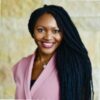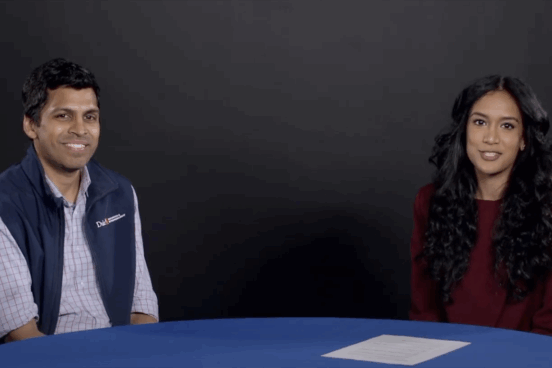Duke Daytime MBA Student Blog

My Experience with D&I at Fuqua and in the Corporate World
Reflecting on my background helped to enable me up for my personal mission in Diversity and Inclusion (D&I). My first opportunity in D&I came in the form of supporting our recruiting team by going back to Temple, my undergraduate alma mater, to identify candidates to join the company.
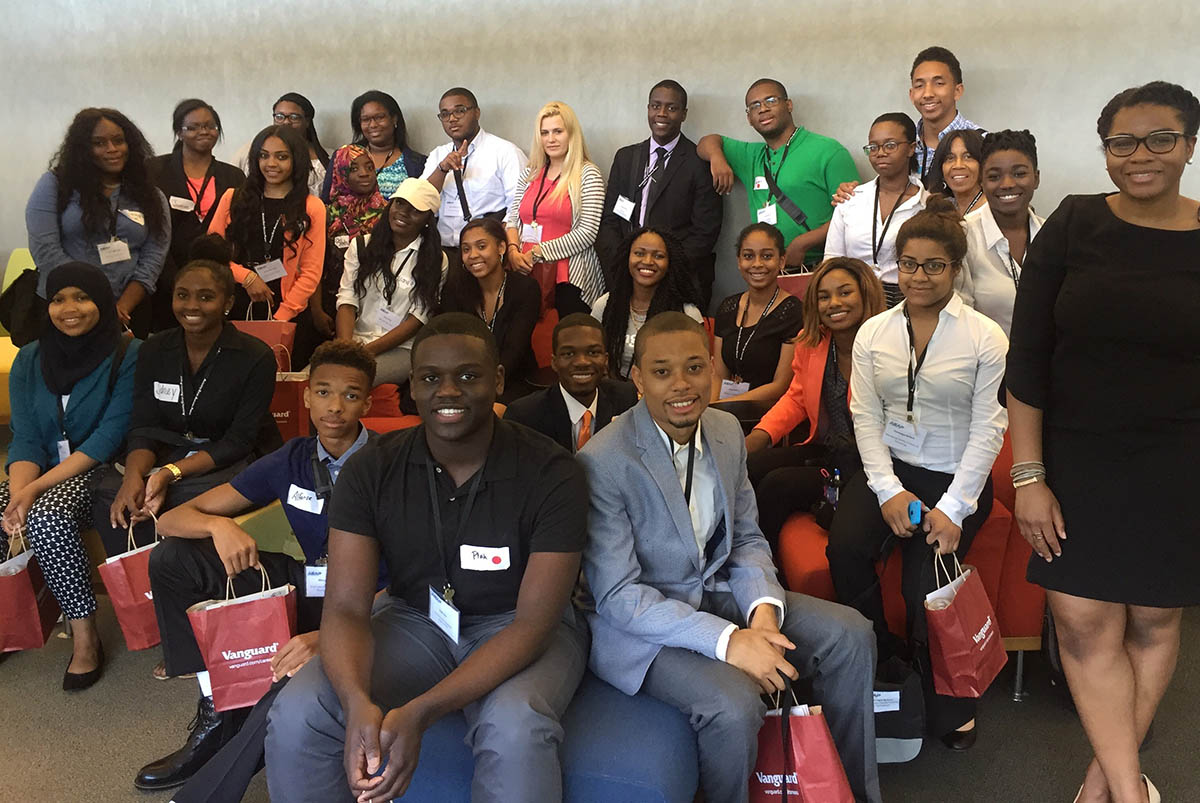
Reflecting on my background—my family experiences, friendships and the feeling of belonging—all helped to enable me up for my personal mission in Diversity and Inclusion (D&I).
I started my career at the Vanguard group, a $6+ trillion-dollar asset management firm in Malvern, PA. I was in the accelerated leadership development program, with individuals not too different from those at Fuqua — intelligent, driven, hungry and ready to be CEOs.
Even with such an opportunity, I couldn’t shake off a strange internal feeling like I did not fully fit. When we were studying for the Series 7 exams, it felt like my peers quickly understood what was going on, that they were smarter and more savvy.
There were many cultural norms and languages I was not, at the time, aware of. D&I also was not a hot topic at the time so I couldn’t fully describe what I was experiencing.
Despite the feeling, I decided I could either continue to wallow or I could do something about it. I chose the latter.
My first opportunity in D&I came in the form of supporting our recruiting team by going back to Temple, my undergraduate alma mater, to identify candidates to join the company. I soon began speaking at Temple. I was later asked to plan a full-day for high school students to learn more about opportunities within Vanguard and the financial services industry.
This was in partnership with the National Association of Black Accountants. I was addressing a group of driven high school students, who had no idea a company like Vanguard even existed. Their hope and excitement reminded me of a look I embodied not too long ago.
I invited Crystal Langston (current Vanguard chief diversity officer) to come and guest speak to these students. Crystal was my role model—a Black woman who had ascended at Vanguard and has remained her authentic self throughout. Through her, I have learned the importance of visible role modeling in order to inspire those coming behind you.
I was soon getting requests to plan this here, liaise there and speak to that group over there. Eventually, I was invited to participate in one of Vanguard’s early pilots in helping employees understand their roles in inclusion.

While continuing my D&I journey at Vanguard, I was also ascending professionally. I became a chief of staff within the high net worth group. In that role, I got to see a $900 billion and 1,000+ employee business from the 30,000-foot view. This became my first experience in making real change from a place of “positional power.”
I became the youngest, non-senior manager in the division’s Diversity Advancement Committee. I led an effort with our HR business partners to advance mentorship for diverse groups across our sites. Vanguard as a company was making many strides in D&I efforts.
Outside of work, I taught kindergarten as a Sunday school teacher within my Nigerian church. I also sat on a board for a mental health non-profit organization, Daemion Counseling Center, and supported their extensive fundraising events. Both volunteer experiences helped me understanding neurodiversity, and how to work across all levels.
My last role at Vanguard was within an enterprise strategic program. We operated as a startup and established my sense of community and my passion for D&I. My last act of inclusion, and something I am still proud of today, was feeling empowered enough to share with my manager and peers that we could benefit from increasing diversity efforts within the group.
My manager empowered me to lead the group through an authentic conversation, where we talked about bias and our history, not dissimilar to Fuqua’s Daring Dialogues (which I will discuss a little further down). I then created a proposal and strategy for how to best boost efforts and partner with the chief diversity office.
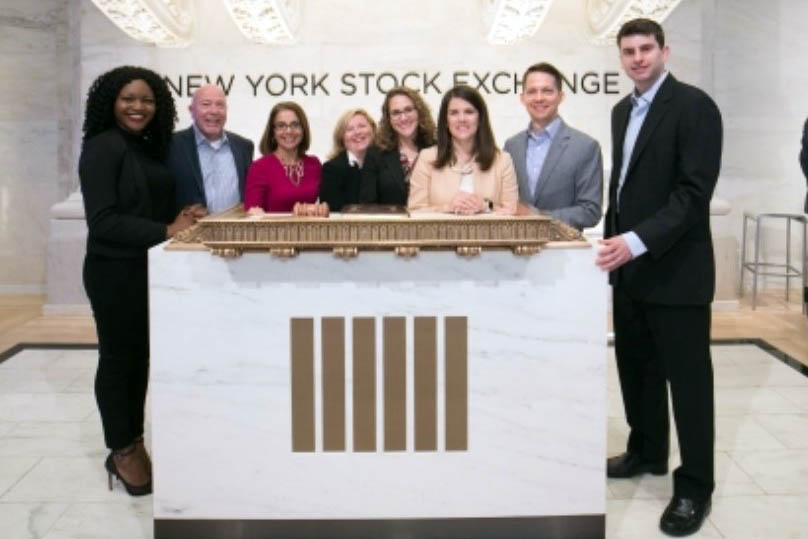
After leaving Vanguard and Philadelphia for Fuqua, I was invited back for the team holiday party. The group looked and felt increasingly diverse and I was told they had a closer partnership with the chief diversity office. I had never felt so valued and so heard.
Coming back as an intern in 2020, I was a participant in Vanguard’s incredible D&I conversations. Teams and leaders were having their own “daring dialogues.” Senior managers were posting in allyship groups. The company was investing heavily in training and speakers.
I had a two-hour conversation with one of my first managers, a white man and Army veteran. He shared how he’s striving to be more inclusive and equitable. The results of D&I work were finally coming to fruition.
While Vanguard and Philadelphia were safe spaces that accepted me, Fuqua is a school in a southern state I never lived in. I came to business school to expand my perspective. A school like Fuqua that boasts an international student population of almost 40 percent, with 20 percent underrepresented minorities in its full-time MBA program, provided the sense of support and openness I needed. I quickly embraced the Fuqua culture.
The second-year students from the Black and Latino MBA Organization (BLMBAO) embraced us. My white counterparts were commenting on how much they wished they saw racial diversity in the school and I was navigating a variety of social circles I never had access to.
The highlight of my first year came during my first birthday away from home ever. I hosted my section mates at the Durham Rooftop and over 50 of my peers came out. It felt like a piece of home; different groups of people coming together to celebrate. I was unconsciously starting to piece my Fuqua inclusion journey through these little moments.
I attended my first Daring Dialogue in the fall and was instantly enamored with Mary Fernandez’s (the student VP of Diversity and Inclusion for the MBA Association at the time) tenacity and ability to cultivate safe spaces and drive meaningful conversation. Daring Dialogues at Fuqua are discussion circles in which a specific social topic is chosen and a selected group of students share their experiences related to the topic. We talked about race, gender, disabilities, sexual identity, socio-economic status, affinity groups and much more.
It’s a space where you truly see Team Fuqua in action. Each participant leaves having learned a bit more about their counterpart’s experiences. These dialogues are the bedrock of the inclusion role. I learned about courage, decisiveness and the experiences of those with disabilities from Mary. She was the one who encouraged me to succeed in her role as VP of Diversity and Inclusion.
The VP of Diversity and Inclusion represents the voice of the student body with social issues. I partnered with the Assistant Dean for the Office of Diversity and Inclusion, Stephanie Robertson, other diversity clubs, my MBA Association counterparts and students to create programming and content for the student body.
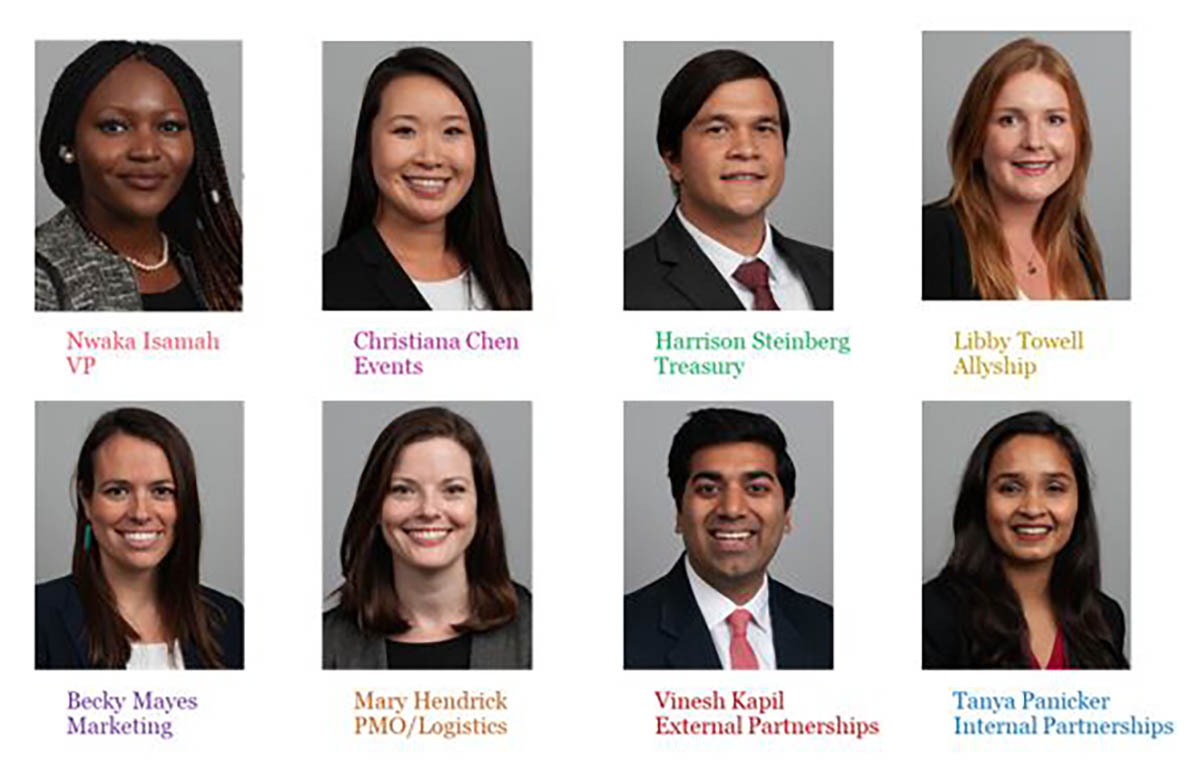
I have a cabinet of seven rock star peers who support me. My day-to-day has varied given the onset of COVID-19, political/civil/racial unrest, and the election. I planned Fuqua’s inclusion week, hosting Deloitte’s Chief Inclusion Officer. We also had a COVID-19 mental health collaboration with the VP of Health and Wellness ending with an end-of-the-year Fuqua Gratitude toast with the VP of Student Life.
When the tragic killings of Ahmaud Arbery and Breonna Taylor happened, we hosted a powerful allyship session over the summer with over 170 staff, faculty and students in attendance. This was the catalyst for our classmates to have these conversations. The energy was palpable.
During my summer internship, I witnessed Vanguard grappling with the same issues Fuqua was facing, regarding how to address social unrest. It was such a weird experience being so immersed in D&I for my day-to-day at both the academic and corporate level. The worlds were blurred and I lived and breathed social issues.
Compared to what I witnessed from other schools and institutions over the summer, Fuqua was way ahead in listening to students and addressing institutional issues. I was able to sit in conversations with Dean Bill Boulding and share perspectives on the Black experience within the MBA. I worked with our VP of Academics on bringing Daring Dialogues to first-year orientation, while supporting the VP of International in thinking through global student support.
I also partnered with the Gender Equity Working Group on bringing implicit bias training to the 800+ member student body. I spent 18 hours hunkered in a team room delivering training to our classmates while planning out the D&I strategy and calendar of events for the upcoming academic year.
I was on calls with my counterparts every single day this summer. Privately, I was de-escalating politically charged dialogue while also building team rapport and attempting to cultivate an inclusive space. All the while, I was sustaining internal peace as I navigated life as an MBA student.
My role as the MBA Association VP of D&I has been the most transformational and rewarding role of my life. It has provided me with a perspective I never expected while providing me access to so many different aspects of Fuqua. I found myself in discussions with Fuqua alums who are chief diversity officers, sharing my experiences in different alumni board meetings and laughing over drinks with my teammates.
What this role entailed this year is completely different than what one would have experienced the year before or even the year after. I will never forget or devalue this experience.
